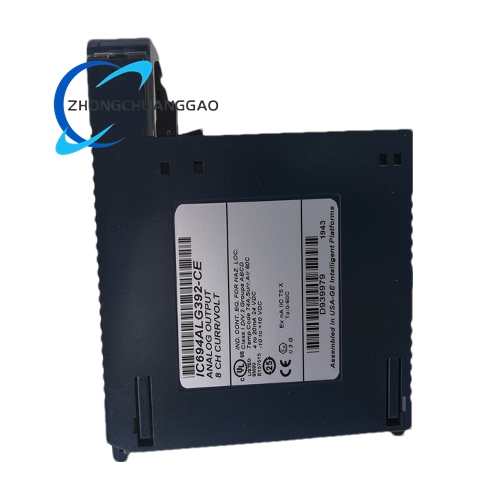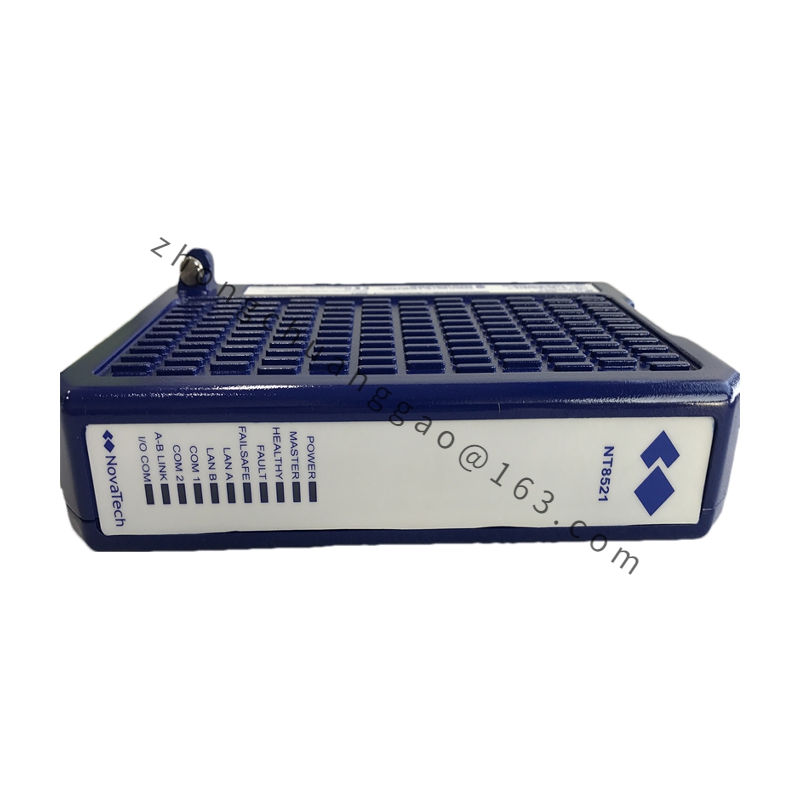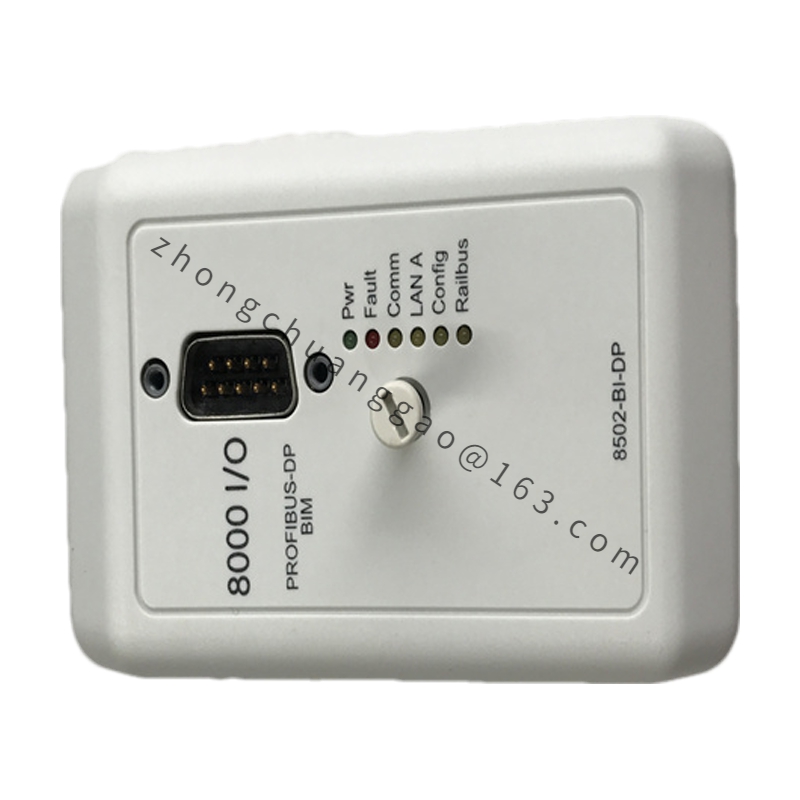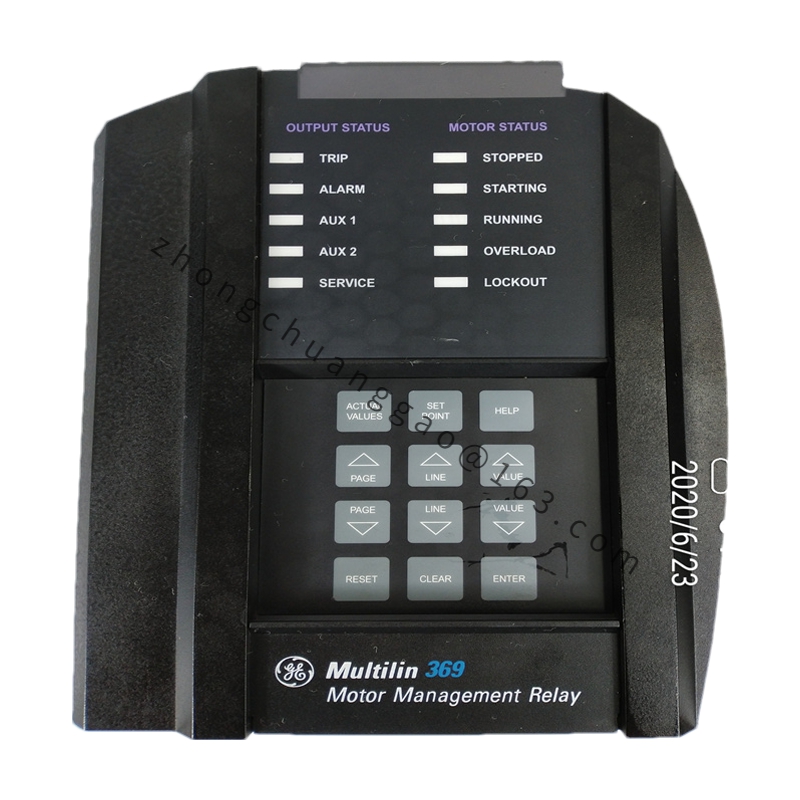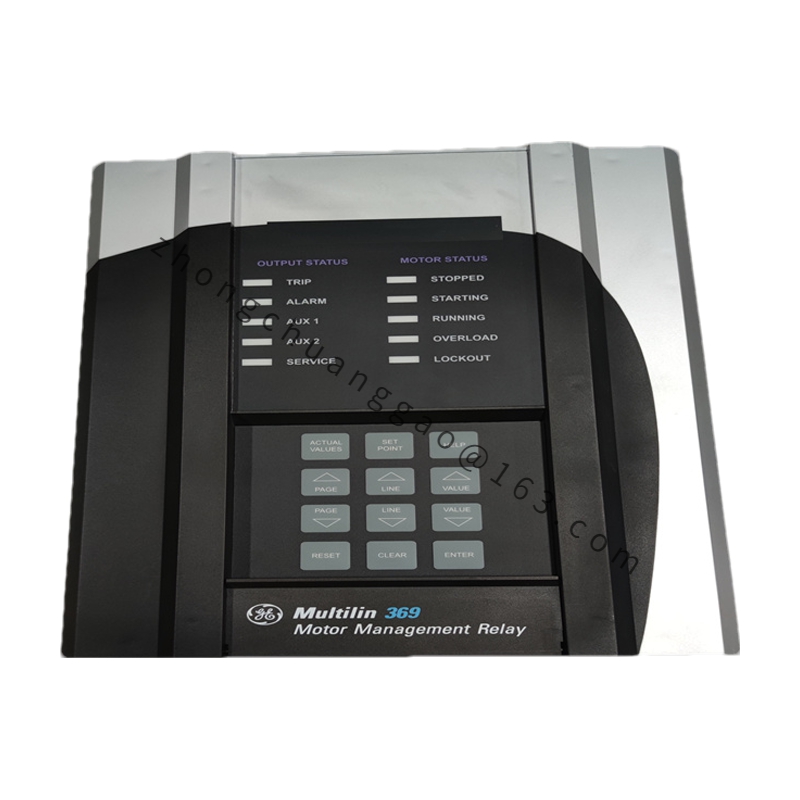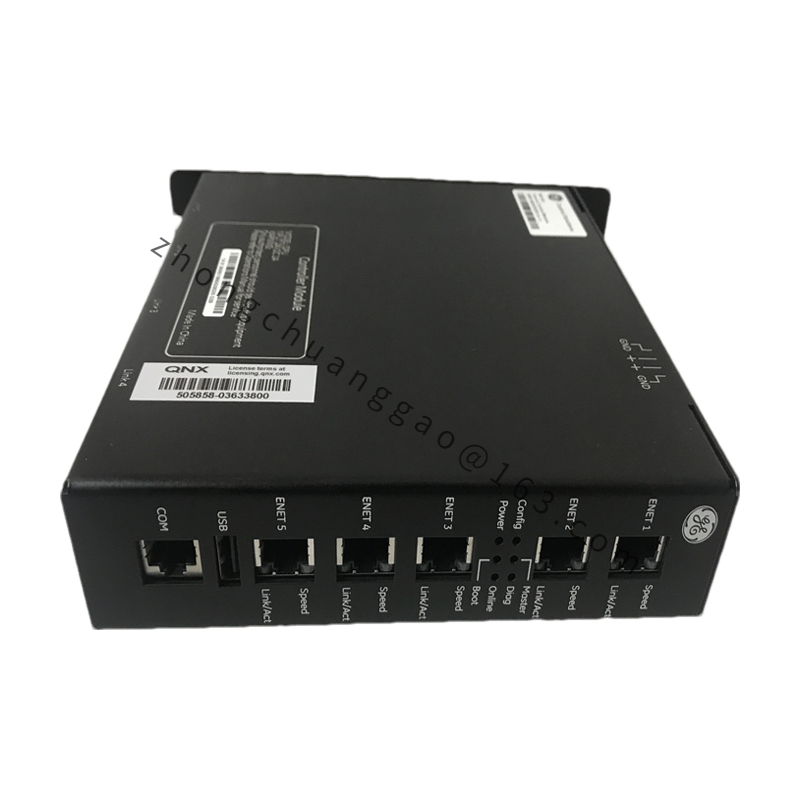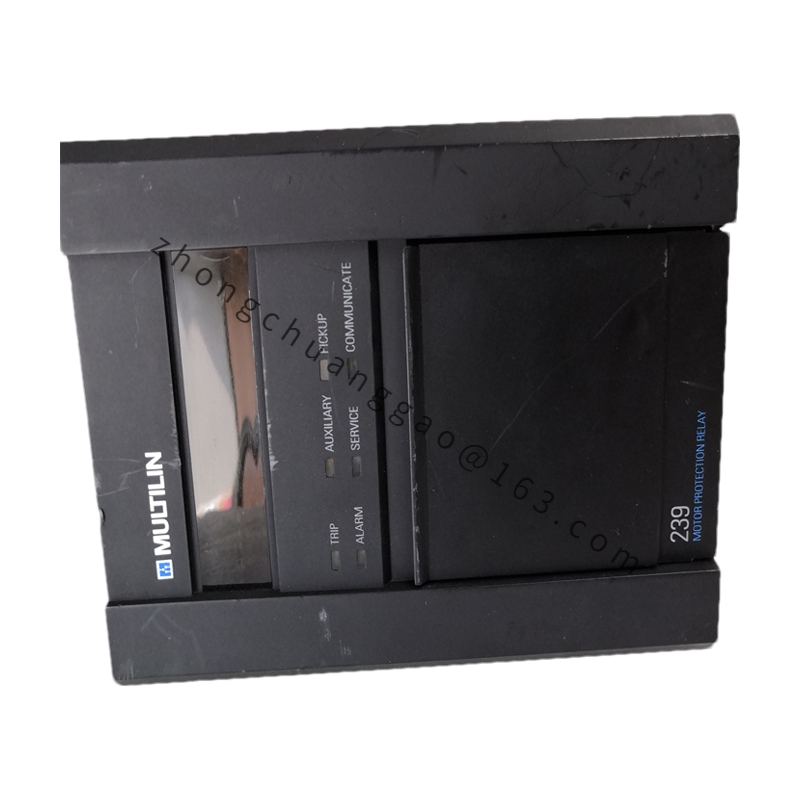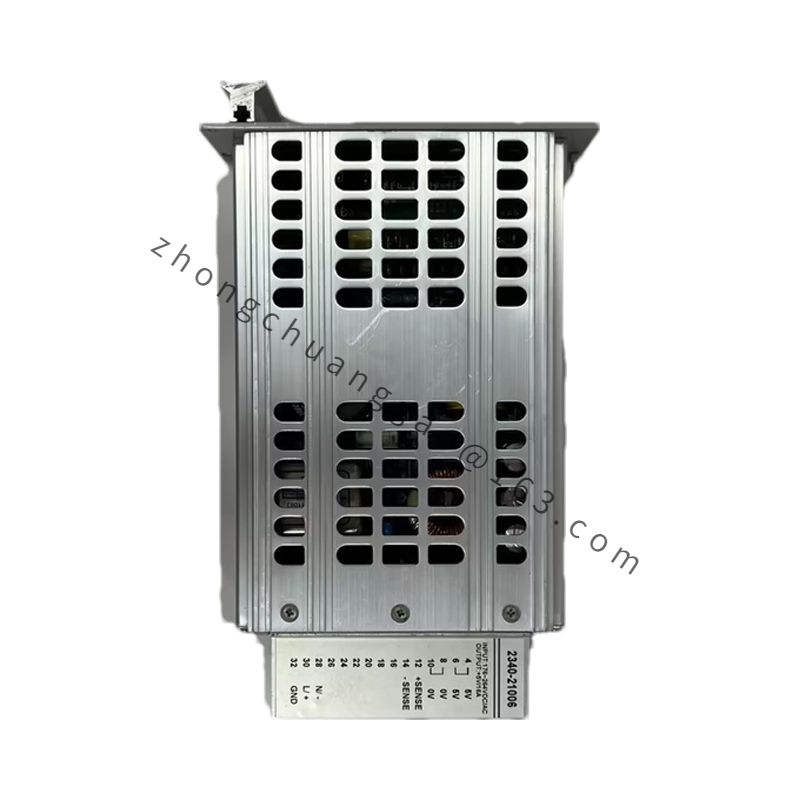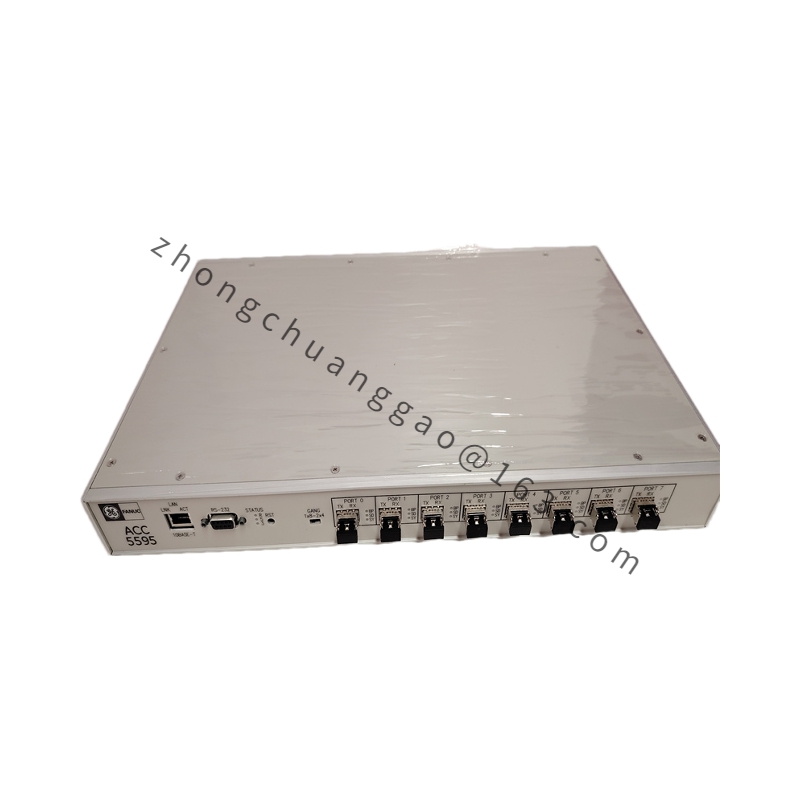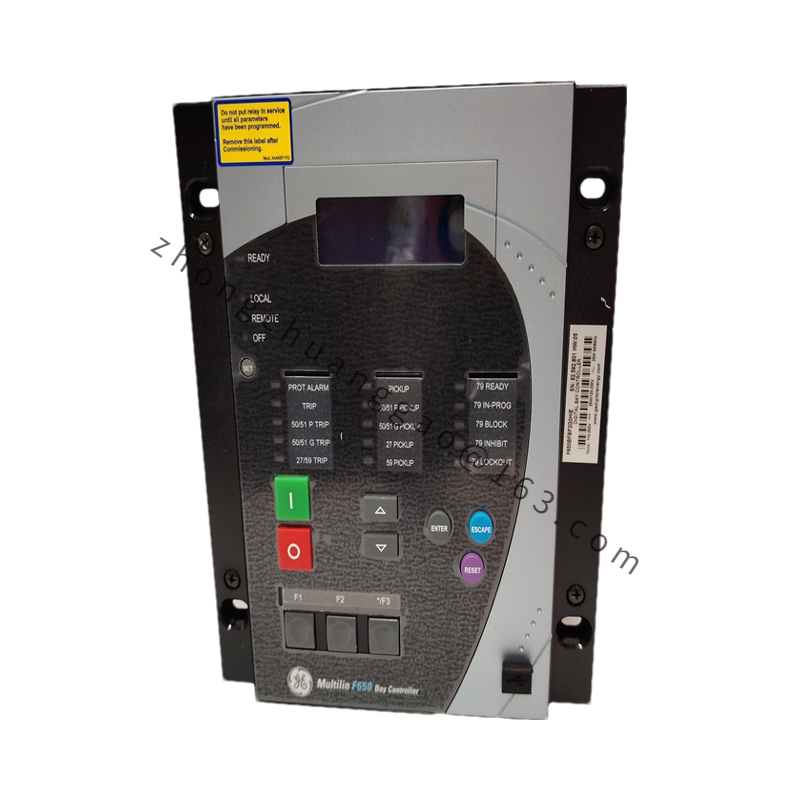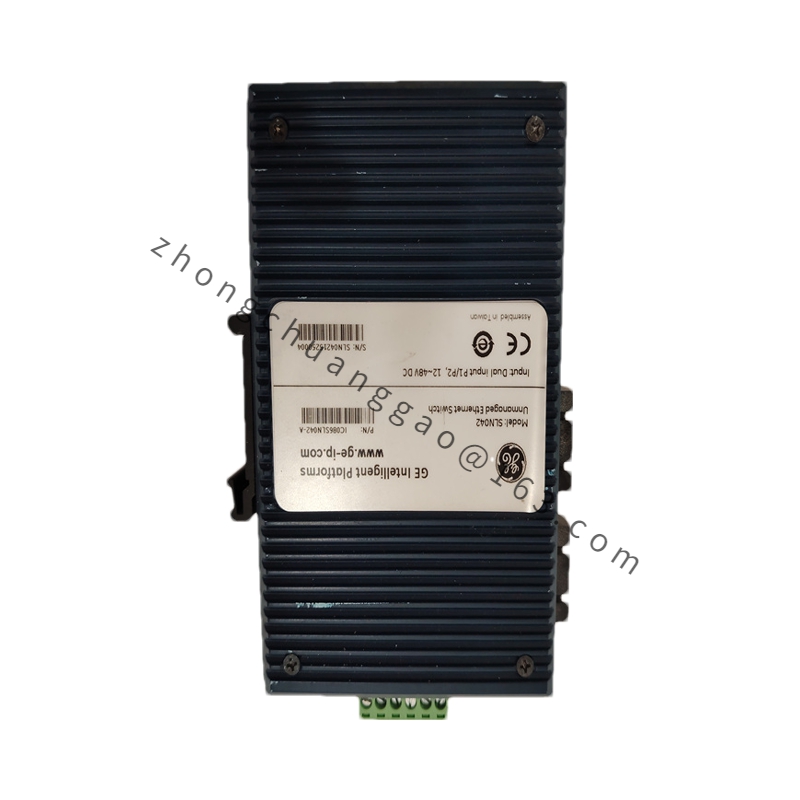GE IC693PCM311H Communication Processor Module
Technical Specifications
- Processor Type: 32-bit microprocessor for fast and stable data processing.
- Memory:
- RAM: 512 KB (expandable to 1 MB).
- Program Storage: 512 KB flash memory.
- Data Storage: 256 KB flash memory.
- I/O Capacity:
- Supports up to 1024 digital I/O points and 256 analog I/O points.
Detailed content
- Communication Interfaces:
- RS-232 and RS-485 serial communication ports.
- Ethernet interface for high-speed networking.
- Supports multiple protocols including EtherNet/IP, Profibus, DeviceNet, and Modbus.
- Power Requirements:
- Operating Voltage: 24 VDC (±10%).
- Maximum Current: 1.5 A.
- Operating Conditions:
- Temperature: 0°C to 60°C (32°F to 140°F).
- Humidity: 5% to 95% (non-condensing).
- Dimensions: Approximately 190 mm (H) × 120 mm (W) × 60 mm (D).
Functional Features
- High-Speed Processing: The 32-bit microprocessor enables rapid execution of control logic, enhancing system response times.
- Large Memory Capacity: Built-in RAM and flash memory support extensive program storage and data logging.
- Flexible I/O Configuration: Modular design allows for customizable I/O expansion to meet specific application requirements.
- Multi-Protocol Support: Compatible with major industrial communication protocols, facilitating integration with various devices and networks.
- Robust Diagnostics: Advanced self-diagnostic capabilities monitor system health and provide real-time fault detection.
- Data Logging: Supports large-capacity data storage for historical trend analysis and event logging.
- Programming Flexibility: Supports multiple programming languages including ladder logic, function block diagrams, and structured text.
Application Scenarios
- Manufacturing: Controls and monitors production lines in automotive, electronics, and food processing industries.
- Energy Management: Optimizes power distribution and consumption in utility plants, oil refineries, and renewable energy systems.
- Water Treatment: Manages process control in water and wastewater treatment facilities.
- Transportation: Supports signaling and control systems in railways and intelligent traffic management.
- Building Automation: Integrates with HVAC, lighting, and security systems for smart building management.
- Process Control: Monitors and adjusts critical parameters in chemical, petrochemical, and pharmaceutical plants.

